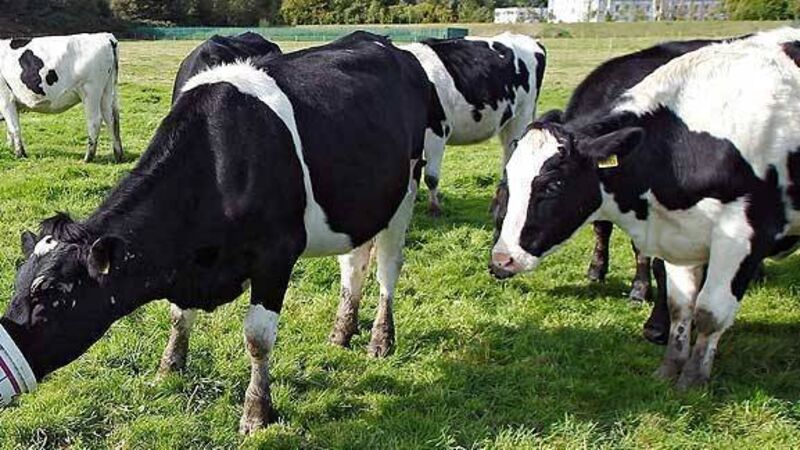Global competition for dairy sector staff

Finding workers for dairy farms has emerged as a global problem, with New Zealand farmers now hit by the state’s new visa conditions which will result in them not being able to retain their best migrant staff.
Meanwhile, Ireland needs to find 2,000 new dairy farm employees over the next nine years, plus 4,000 successors to our existing dairy farmers, according to a new Teagasc report.













